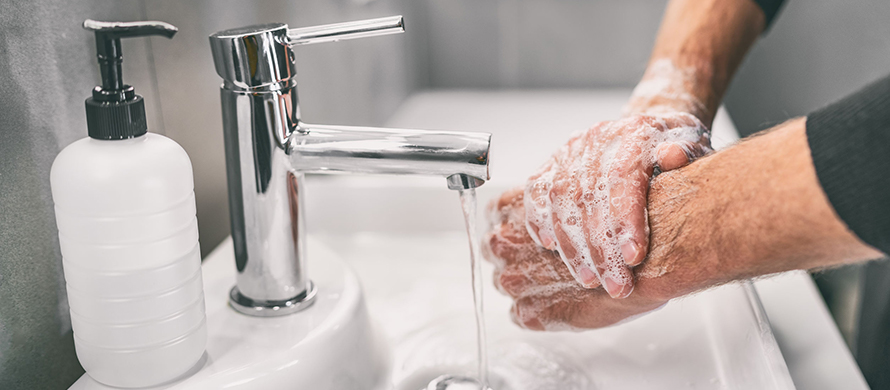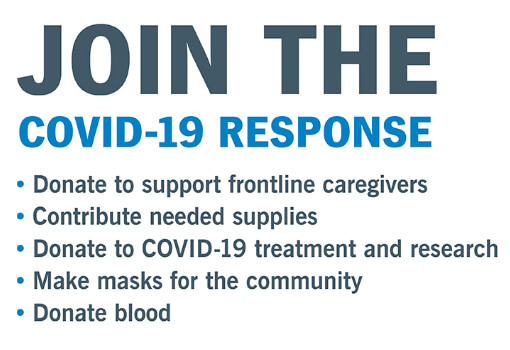- Serving Our NJ Neighbors 24/7 (888) 333-2422
The effect of COVID -19 on the Plumbing Industry
Every industry has been affected by Covid-19. Essential businesses are not left out as they have no other choice but to adapt to new requirements and precautions to keep their employees and customers safe. The plumbing industry is no exception, it also had evolved as a result of Covid-19.

The effects of Covid-19 on plumbing services goes beyond precautionary measures. COVID-19 is impacting our industry in some pretty interesting ways. As plumbers all over the country are discovering, this pandemic is actually leading to high call volumes in some cases. With so many people staying at home, we’re getting lots of calls from those who are testing their home plumbing systems like never before. The entire system is being put under a lot of strain.
Federal and State Requirements for the Plumbing Industry
Although the plumbing industry is considered as an essential service and allowed to operate during this Covid-19 period, there are measures to keep the plumbing industry safe. Plumbing is among the professions considered as essential to continue operating during Covid-19.
“Service providers that work to maintain safety, sanitation and essential operations in various residences are workers and technicians like electricians, plumbers and exterminators…”
As stated earlier, the plumbing industry is not affected with loss. However, there are some requirements plumbers must follow to ensure they and their clients are safe from contacting Covid-19.
Guidelines for Protecting the Health and Safety of Plumbing Industry’s Employees and Customers
Plumbers are expected to take additional precautions to ensure both they, and their clients, are safe during Covid-19. The International Association of Plumbing and Mechanical Officials (IAPMO) has issued a guide on ways to prevent Coronavirus exposure when carrying out their duties.
Prior to Covid-19, plumbers already adhere to some protective measures such as wearing gloves and washing of hands. The Covid-19 crisis has added other measures to protect both plumbers and clients. Social distancing has to be adhered to even while working, ao plumbers are encouraged to ensure a 6 feet distance between people and to always have their personal protective equipment (PPE) on, such as gloves, full face shield, face masks, and safety glasses.
Plumbing coworkers are not left out of the IAPMO guide. It states that tools should not be shared among coworkers and all equipment used should be sanitized properly to reduce the risk of transmission.
Shortage of Toilet Paper Lead to using non-friendly Alternatives
The pandemic came with a lot of plumbing issues. The shortage of toilet paper and its substitution with non-sewer alternatives has set in its own problems. Most of the country woke up to a tragic shortage of toilet paper. Hoarding of toilet paper by shoppers and an alteration in the supply chain, has caused empty aisles and consumers had to buy any toilet paper alternative that they could find on the shelves.
Flushable wipes and thin paper towels may not feel too different from toilet paper, however they cause a lot of damage on plumbing and have created a big problem for plumbers across the country. Though they can be flushed, wipes seem to be made as a substitution to toilet paper. The issue is they don’t dissolve the same way as toilet paper. Toilet paper is designed specifically to break down instantly, wet wipes and similar products take longer time. All these wastes will overtime come together in tight masses when flowing through the sewer lines, eventually causing a clog in the sewer lines, or worse, there could be damage in your water treatment equipment.
Increased Interest in Bidet Installation
The scarcity of toilet paper and the panic that followed has led to the use of alternatives to traditional toilet paper. Bidets are quite popular in Europe but haven’t not been adopted quite so much in the United States. Bidets are now considered as alternatives because toilet paper is not required. Bidets also make use of less water compared to toilets, this makes them more eco-friendly.
We cannot say whether or not Americans will install bidets for a complete option, but having a bidet will help reduce the fear of toilet paper shortages.
Fatbergs and Community Sewage Plumbing Issues
The shortage of toilet paper will soon be seen, if we are not already faced with some of those issues. With the increase in community sewage blockages as the alternative to toilet paper would form a large mass and clog sewer lines-fatbergs.
Fatbergs are those accumulated masses in sewer systems usually formed by grease and non-biodegradable substances like wet wipes. They can be huge in size and weigh up to hundreds of pounds; a good example is a fatberg discovered in London three years ago which weighs almost 300,000 lbs and it was as long as 820 feet. These fetid masses are very hard for plumbers to remove and can take weeks.
There is a big chance that this Covid-19 toilet paper shortage will lead to the discovery of more fatbergs. In some areas, there are already reported incidents. A huge fatberg was reported in Melbourne, Australia weighing almost 100,000 lbs – this is directly as a result of people using wet wipes and other toilet paper alternatives during Covid-19.
Will the Cost of Plumbing Increase After the Pandemic?
This will be determined by the type of service. However, plumbing overall may not increase in price after the Covid-19 pandemic. Though, there is likely to be delays in shipping materials or needed supplies which would increase service cost, so expect little changes.
If your plumbing is already having problems caused by the use of flushable wipes or other issues that have arised, the repair cost can amount to hundreds of dollars. If a blockage is not treated promptly, lots of other problems can eventually come up, this could cost even more eventually.
Or, if the major sewer lines in your area are clogged, you may have to contact your local city or municipality. Clogged municipalities will become popular if more and more people keep using toilet paper alternatives due to Covid-19.
No matter the cause of the blockage, you need the service of a plumber to come fix and restore your pipes. Don’t forget that a sewer backup can be detrimental to your health and your family health, and even affect your normal life. If you need help, get in touch with us today for an inspection of your sewer system.





